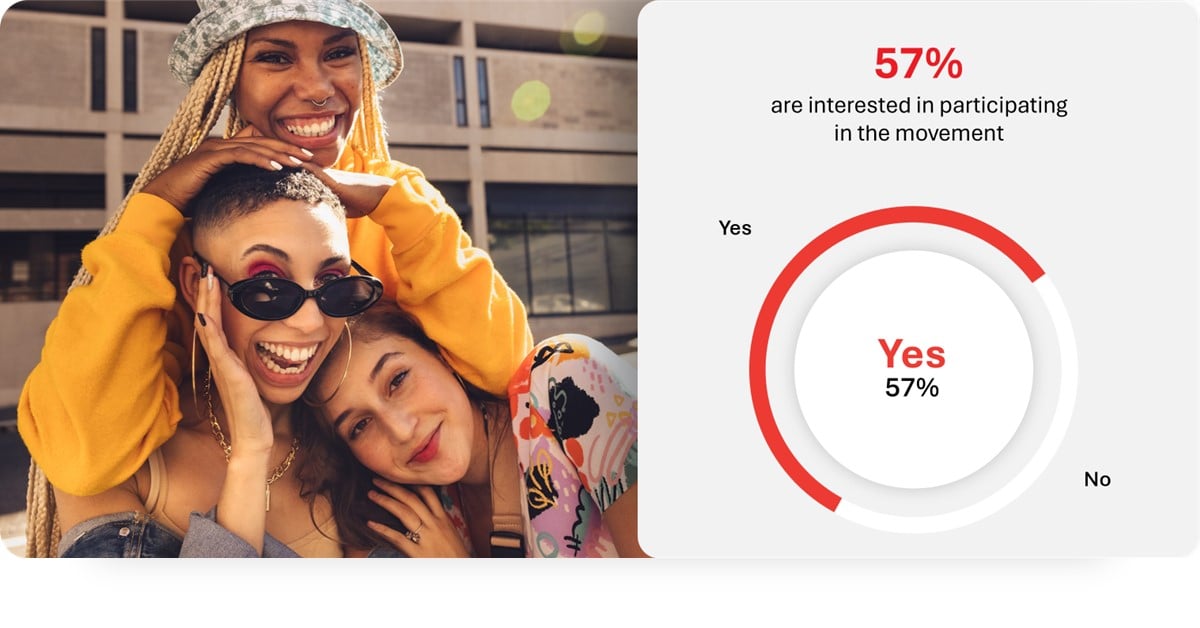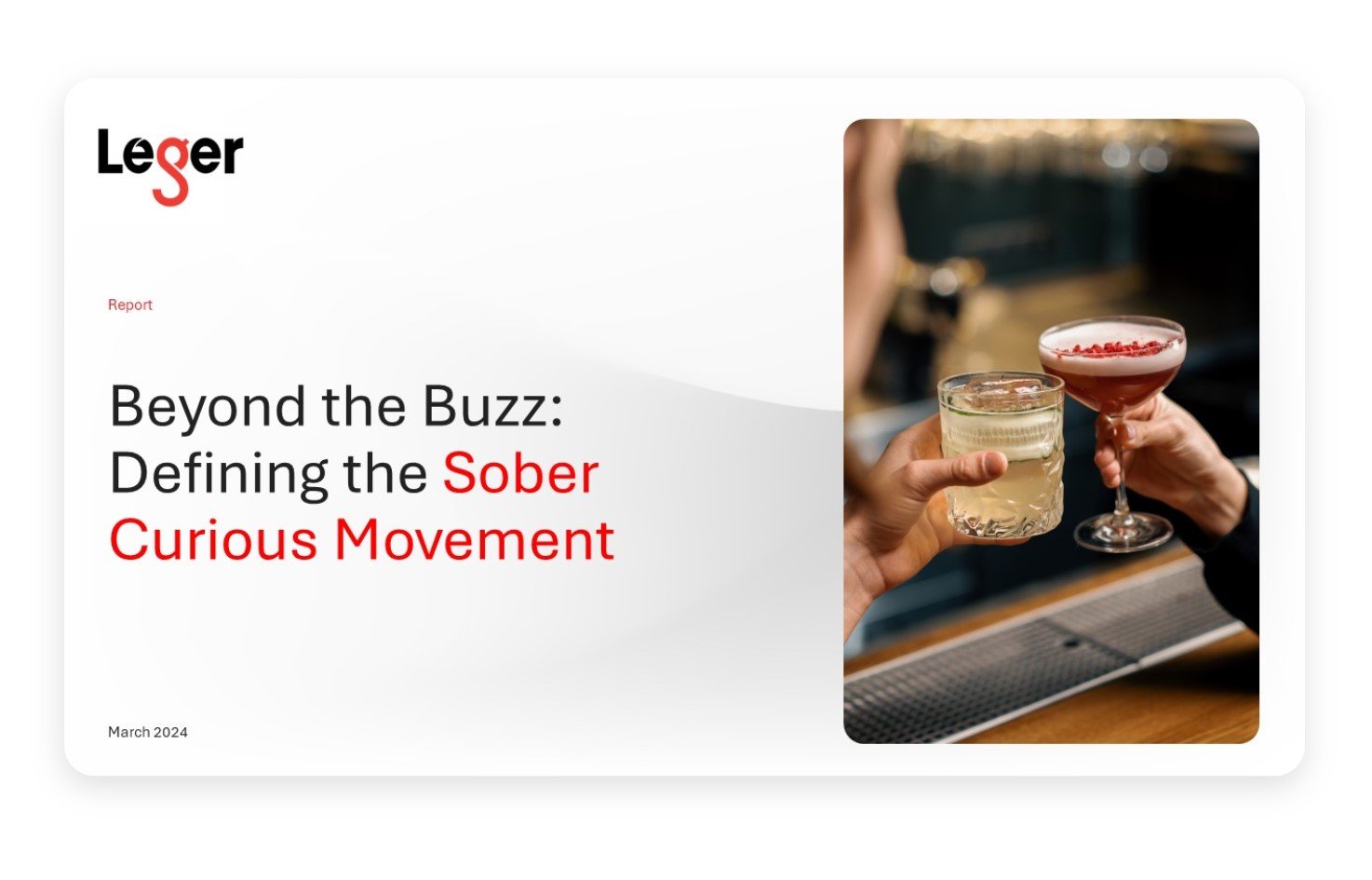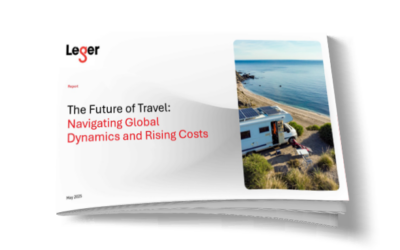Have you noticed your friend, nephew, or spouse ordering a mocktail or picking up an alcohol-free canned beverage lately? Enjoying time with family and friends while staying sober is becoming increasingly popular.
Our research expert, Jenna Varites, conducted our Beyond the Buzz: Defining the Sober Curious Movement study to uncover all the ins and outs of the alcohol-free movement and show you how to capitalize on this trending shift.
Where is this movement coming from?
We believe it stems from a mix of reasons that resonate with our current times.
In 2018, Ruby Warrington, a lifestyle author, introduced the concept of “Sober Curious” through her book. The book empowered readers to evaluate their relationship with alcohol.
Shortly after, as the pandemic unfolded, there were increasing rates of alcohol consumption across the country. In response to these “unhealthy” habits adopted during lockdown, people began reassessing and reducing their alcohol intake, thereby further advancing the lifestyle movement.
Additionally, the steady flow of new research pointing out the harmful impacts of alcohol on both our mental and physical well-being further fuels the desire to scale back on drinking.
Who is embracing the (almost) alcohol-free lifestyle?
In the rapidly evolving consumer behavior and cultural trends landscape, Gen Z and Millennials are emerging as influential trailblazers, reshaping industries and societal norms. The younger generations are not just adapting to trends; they are creating them – and this extends into the alcohol industry.
Our study reveals a distinct divide in awareness levels of the sober curious movement by generation, with awareness being significantly stronger among Gen Z and Millennials compared to their older counterparts (43%).
And although younger consumers represent the heaviest generations of alcohol drinkers, they also exhibit the most knowledge and interest towards participating in the movement (57%). This positions these younger generations as the ideal demographic for alcohol-free beverage brands.

Why are people specifically looking to cut back on drinking (even if they’re still holding a can or bottle to keep the vibe and have fun)?
While the focus on Gen Z and Millennials is important, it is also essential to acknowledge that individuals across all age groups are expressing a desire to decrease their alcohol consumption.
Many of them point to personal health reasons, including:
 Health and wellbeing (50%)
Health and wellbeing (50%)- Fitness goals (27%)
- Mental health (15%)
People who plan to drink less in 2024 are tuned into their health and keen on taking better care of themselves. Many might see noticeable shifts in their daily lives once they dial down their alcohol intake. Beyond dodging serious health issues like cancer or liver disease, some individuals often experience improvements like better sleep, increased energy, and more stable moods, for instance.
It’s not only about physical health but financial health too.
31% of drinkers planning to cut back in 2024 say they want to spend their money on other things, while 23% mention financial reasons as their motivation.
Inflation and interest rates are on the rise, making shoppers increasingly mindful of their purchases. They are tweaking every part of their daily lives to keep their budgets in check. Cutting back on alcohol while still hanging out with friends and family turns out to be a win-win for many.
Want to become a leader in the sober curious shift?
With 26% of U.S. drinkers intending to drink less alcohol in 2024, there is a huge opportunity for your brand.
This is not just a trend, this shift is here to stay, and getting involved can boost your market share, enhance your brand’s image, and connect you with a vibrant community.
Gain deeper insights by downloading our Beyond the Buzz: Defining the Sober Curious Movement study report!



